HNF puts your dollars to work! We are currently funding two very important research projects, one for CMT type 1 and the other for CMT type 2A.
Charcot-Marie-Tooth, Type 1
CMT type 1 is caused by a defect in the gene responsible for producing PMP22, a critical component of the myelin sheath. The myelin sheath is the covering for the axons that carry nerve signals throughout the body. When CMT affects PMP22, the myelin sheath is damaged. Without this insulation, nerve signals are weakened and often cannot reach target muscles. CMT Type 1A involves an overexpression of PMP22, and CMT Type 1E involves a mutant form of PMP22. In either case, problems with the PMP22 protein cause demyelination.
There are many different theories and hypotheses on how to address this problem with PMP22. Some researchers are hoping to simply stop the overproduction of PMP22, or at least decrease its production to a level that limits the damage to the myelin sheath. Others hope to intervene further along in the process, after damage has occurred to myelin. These researchers hope to find a way to repair/improve myelination or activate a neurorepair process within nerve cells.
HNF has chosen to fund research at the University of Southern California with principal investigator Pragna Patel, who was involved in major discoveries regarding the mapping of genetic causes of CMT. Dr. Patel’s research focuses on the middle of the continuum described above. Given an overproduction of PMP22 or the production of a mutant form of PMP22, Dr. Patel aims to reduce the large amount of PMP22 that collects in nerve cells in these two situations.
The first step in this research is to develop a way to track the effects of any drug compound on precisely the cell functions that are involved. Thus, Dr. Patel is working on creating a cell assay that connects mutant PMP22 to a molecular marker that can track the protein within the cell. A pilot or test-model of this assay has produced excellent results, showing dramatic differences in the collection of PMP22 within the cell when tested with two compounds, one known to reduce PMP22 and the other known to cause PMP22 production.
With this assay, Dr. Patel will be able to test a library of tens of thousands of compounds in order to see if any have therapeutic potential for CMT. Dr. Patel will be looking for compounds that either clear up the overabundance of PMP22 within the cell or move the PMP22 to the cell membrane.
Charcot-Marie-Tooth, Type 2A
CMT Type 2A is caused by a mutation in the mitofusin 2 gene, which is responsible for proper functioning of mitochondria. Mitochondria are the energy-producers for all cells, but the CMT Type 2 mutation negatively impacts the functioning of mitochondria in peripheral nerve cells. Thus, there is insufficient energy within these neurons, and the axons, which carry nerve signals, begin to degenerate. How to target this process within neurons is perhaps less understood than with Type 1A, but the biggest obstacle to the testing of therapeutics for Type 2A may be the lack of a viable animal model with CMT that mimics the human disease. Thus far, mice that have been produced with CMT Type 2A have not presented with a progressive form of the disease.
Therefore, HNF has chosen to fund research aimed at producing the key to any drug development for CMT Type 2A, a viable animal model. Our current project is being led by Dr. David Pleasure at the University of California—Davis. Great progress has been realized in this research project. Mice with CMT Type 2A just recently gave birth to a litter of “pups.” By year’s end these baby mice with CMT Type 2A will undergo thorough testing to analyze whether their symptomology is close enough to a human’s to make these mice viable candidates for testing.




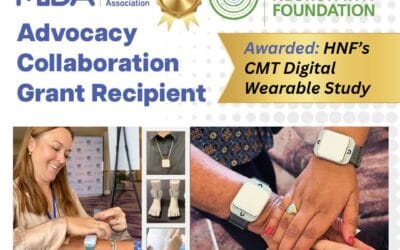

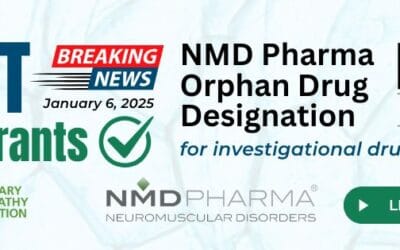

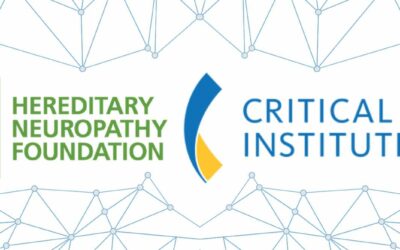

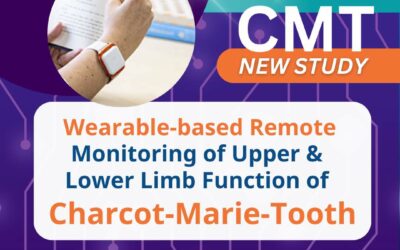

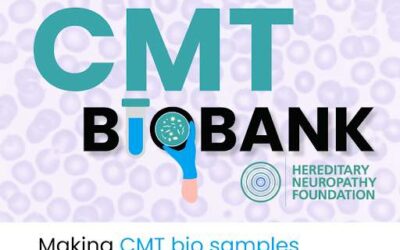
my brother has Charcotte Marie Tooth. I was tested for Charcotte by a neurologist but the test was negative. I was told there are only 2 labs in the
US that can diagnosis for Charcotte. Mayo was one.
I am 71 and my brother is 69.